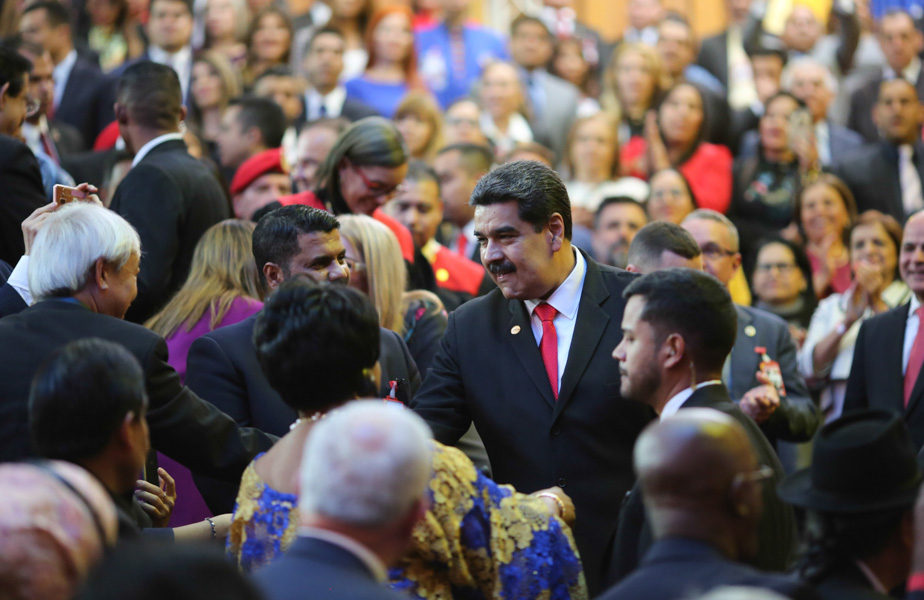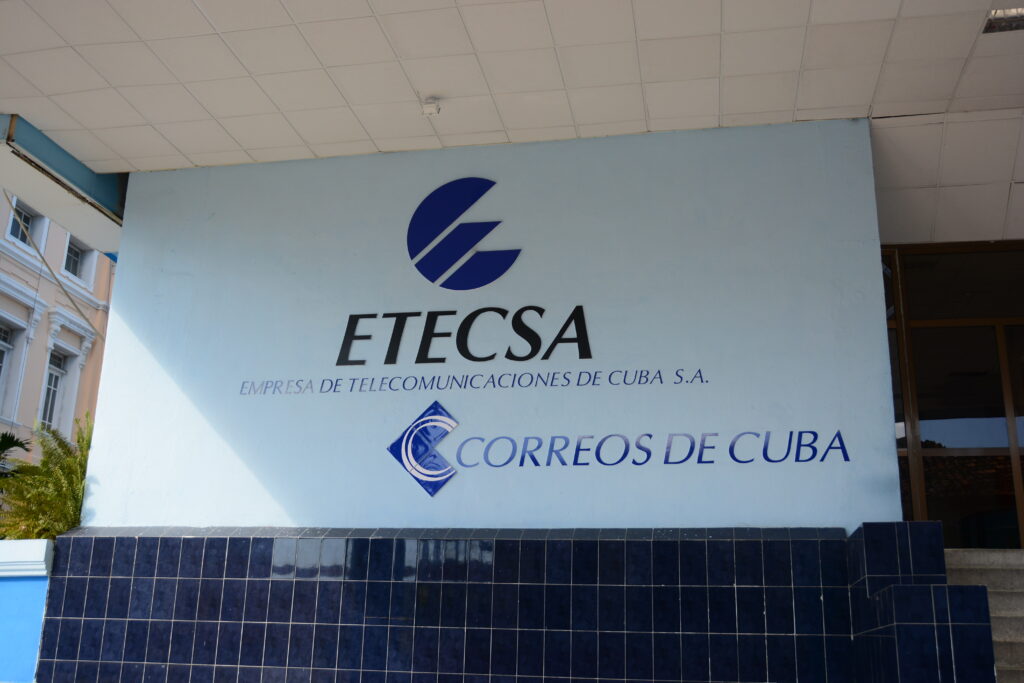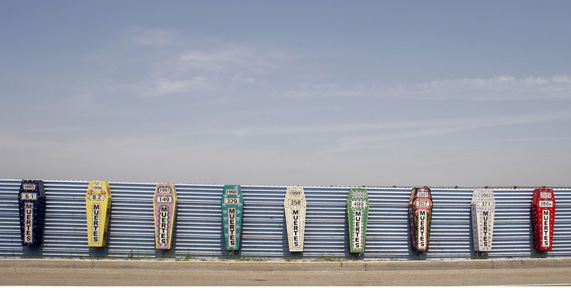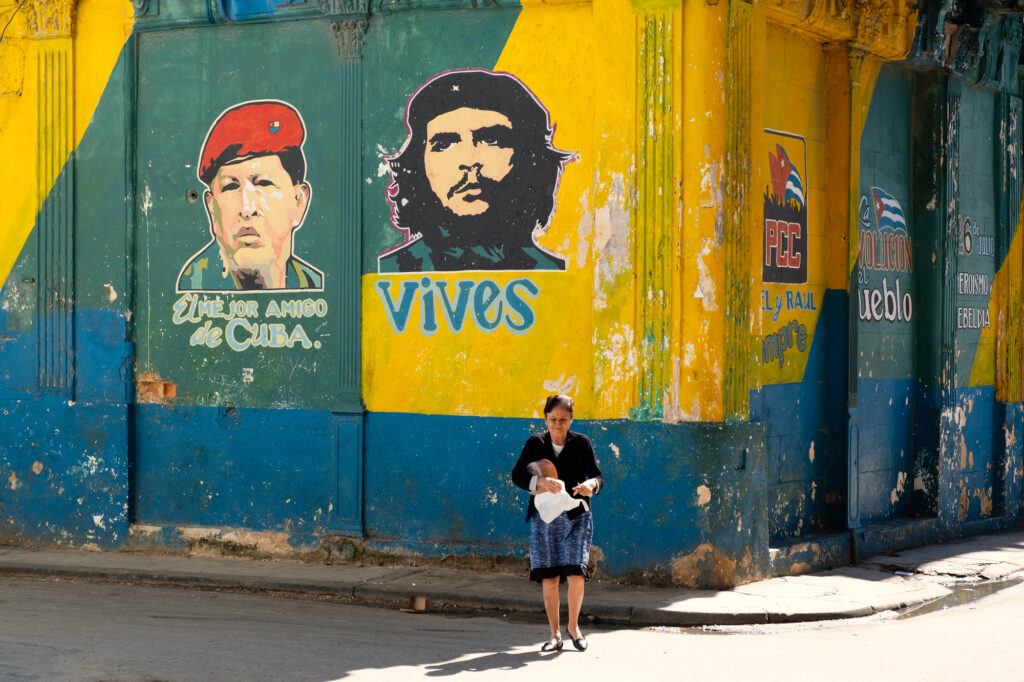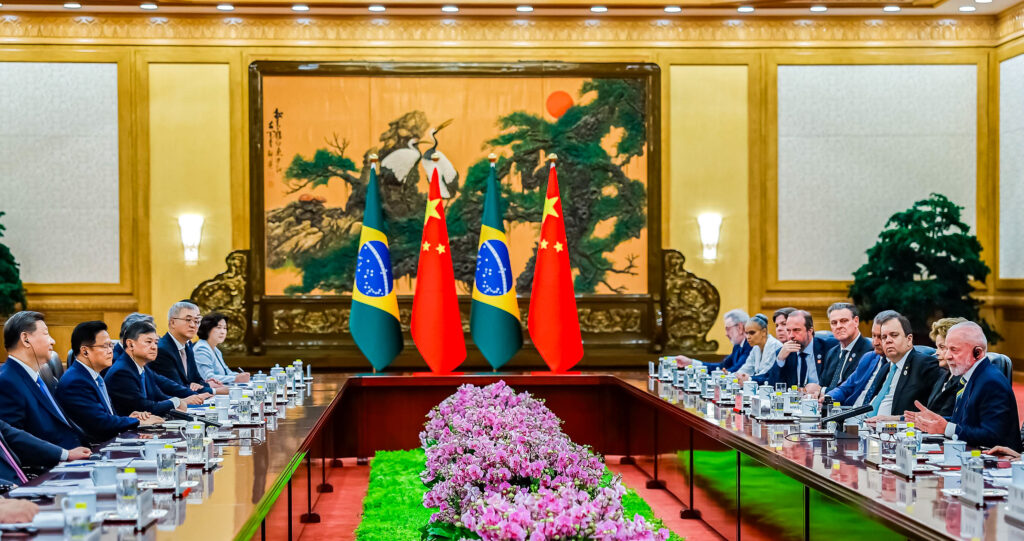Nicolás Maduro did not send any government representatives to the leadership negotiation talks in Barbados on Thursday in response to harsh U.S. sanctions that were announced against Venezuela on Monday, August 5.
The sanctions freeze all Venezuelan government assets in the U.S. and stop any individual or business with ties to the U.S. financial system from providing or receiving any services from the Venezuelan government. Falling short of a full embargo, the sanctions exclude the provision of food, clothing and medicine that aim to alleviate human suffering in Venezuela and allow some U.S. business in the oil sector to continue.
Venezuela’s Minister of Foreign Relations Jorge Arreaza released a statement on August 6 denouncing the “arbitrary acts of foreign terrorism” committed against Venezuela, and deeming the new sanctions “criminal.”
Internationally, the U.S. sanctions have had mixed reactions. At the International Conference for Democracy in Venezuela held in Lima on August 6, some governments expressed support for them as a means of increasing pressure on Maduro. Other groups such as the Washington Office on Latin America (WOLA), however, expressed concern that despite the United States’ promise that humanitarian aid would not be affected, the sanctions will adversely affect Venezuelan citizens.
A group press release from WOLA and 15 other human rights organizations explained that the sanctions are likely to result in ‘overcompliance,’ wherein legitimate international financial institutions freeze their accounts in Venezuela to avoid the risk of running afoul of the U.S. treasury. Previous sanctions have had adverse effects on humanitarian efforts supported by these financial institutions, and the most recent limitations are likely to do the same.
Michelle Bachelet, the UN High Commissioner for Human Rights, also expressed her “deep worry” about the sanctions, criticizing the measures for not having sufficiently considered their impact on vulnerable populations.
Read more: UN report reveals systematic human rights violations in Venezuela
John Bolton, Donald Trump’s assistant for National Security Affairs, supported the sanctions at the conference. In the speech he gave at the conference in Lima, he accused Maduro of applying “the tools of a tired dictator” by using the negotiation talks to bide time.
“No more tap tap tapping,” Bolton said. “Now is the time for action.”
For Juan Guaidó, Maduro’s decision not to send representatives to the negotiation table in Barbados this week in protest of the new sanctions is a step back in the process of reaching an accord in leadership in Venezuela. The talks began in May after Guaidó’s failed military uprising.
Read more: Guaidó’s progress stagnates after six months despite international support
The self-declared interim president posted a video on Twitter on Thursday August 8, where he said that Maduro’s refusal to take part in the talks is another demonstration that he and officials loyal to him are the primary obstacle to solving the Venezuelan crisis. He also expressed his support for the sanctions, highlighting that they will only affect Maduro and his corrupt officials. The wide-reaching sanctions, however, will likely affect all entities that do business with the United States.
Dag Nylander of Norway’s Foreign Affairs Office, which is mediating the talks between Maduro and Guaidó, told AP News that he is in contact with both parties to find a time to resume negotiations.


